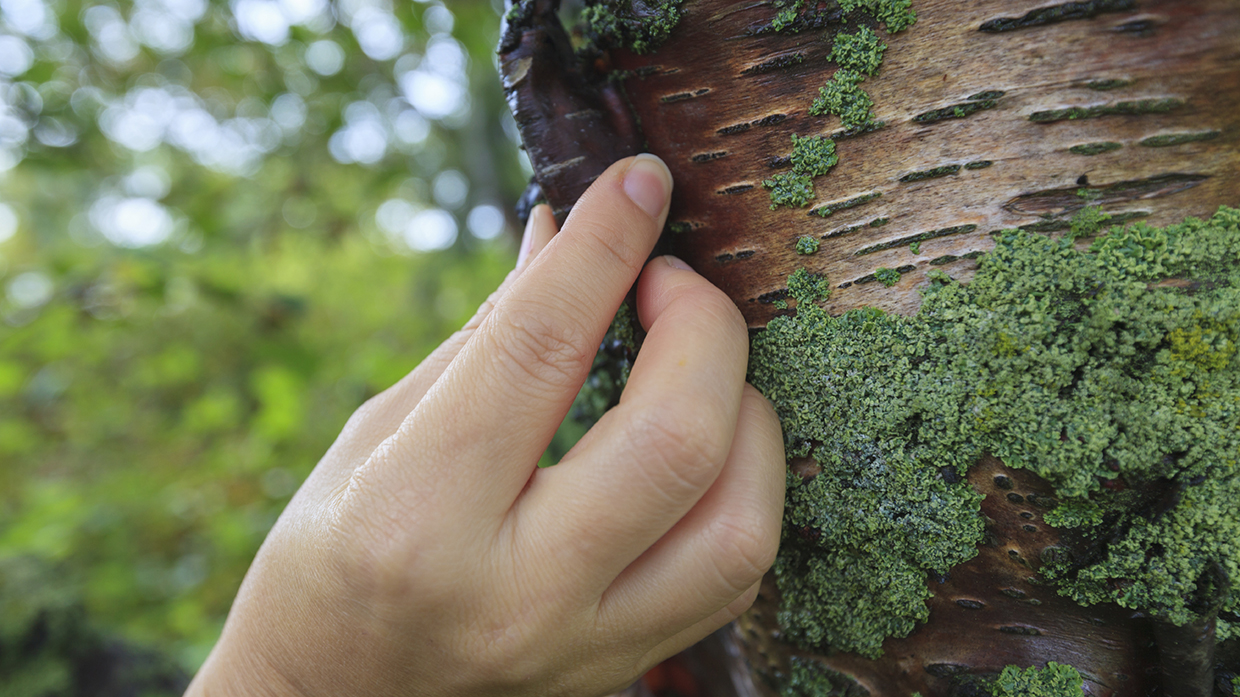I’ve just wasted a week. And it may be the best thing I’ve done for myself, and my ministry, in years!
As I pack my bag after this week-long retreat at Gethsemani Abbey, I fear that, upon returning to my usual life, I’ll do what I did the first time I took my own shopping bags to the supermarket—look down on those who are doing what I was doing just last week. After a week of doing little more than walking, reading, eating, praying, and sleeping, my usual schedule will feel insane. And after a week in silence (only a few areas of the abbey allow talking) my usual life will be cacophonous! All week I’ve found myself longing to bring some part of this experience back with me to the city. But is that even possible?
My room here overlooks the monk’s courtyard, and every day a particular monk has fed the huge goldfish in the pond. The task really only requires him to dump a cup of the stuff in the water then get onto his next duty. But each time, he saunters out, casts a handful of food, then digs his hands into his pockets and watches the fish dart for it. Occasionally he looks up at a bird, then casts another handful or two before strolling with purposeful un-hurry to whatever is next in his life of prayer and work.
This week my reading of Thomas Merton (who lived here) has helped me understand this monk’s fish-feeding. Things will get accomplished and there will be moments of insight, but foremost is attentiveness to God, awareness of his presence, childlike acceptance of his will and providence.
Merton writes: “What is serious to men is often very trivial in the sight of God. What in God might appear to us as ‘play’ is perhaps what He Himself takes most seriously. At any rate, the Lord plays and diverts Himself in the garden of His creation, and if we could let go of our own obsession with what we think is the meaning of it all, we might be able to hear His call and follow Him in His mysterious, cosmic dance . . . . we are invited to forget ourselves on purpose, cast our awful solemnity to the winds and join in the general dance” (New Seeds of Contemplation).
I’ve tried this week to accept this invitation to the dance. So when I spotted a patch of moss and wondered if it was really as soft as it looked, I bent to see for myself (it wasn’t). When my feet, tired and dusty in my sandals, heard the sound of running water, I let them find it (and be reminded it was, only last week, snow). When offered cheese made by the monks, I ate it slowly, savoring every bit. And when, on a breezy hill, the grass beckoned me to lie in it, I did and felt the solid ground, effortlessly bearing my weight. I opened my eyes to the sky and asked God, “When you made this earth and this sky, did you think of me, lying here, thinking of you?”
The only problem was that I also had an agenda. I knew, from experience, that taking time to reflect often brings insight. So, before leaving, I told the church, “I’m resting for my sake, but also for your sake. Often, in rest, we gain clarity, so I’m hoping to return with some ideas for the questions we’re asking.” (If I’m honest, I said it partly to justify to myself the time away from work.) So I’ve found myself, in these moments of childlike joy, feeling pressure to reflect on “important” things, to discover answers to questions about next moves for our staffing, services, programming. Finding myself in God’s presence, I’ve found myself saying, “Well, now that I have your attention, you might as well answer these ten questions.” But his response has been, “Well, now that I have your attention, let’s go for a walk.” I want a business meeting, he wants a picnic.
I had to confess that I was seeking his presence because it might provide me with answers and, with them, the delicious feeling of resolution and independence. But when I get answers, I seek him less, am less aware of my daily need for him, less shaped by the ongoing trusting and waiting. So maybe the point is not the answers but just walking with him, trusting that clarity will come a little at a time. As I admit the pressures I’ve placed on myself (and on my rest), I have to ask, “Is it okay if, instead of answers, I return to my work with more peace to continue the process of asking questions?” I think the answer is “Yes.”
So while I return today to a world with fewer monks and more email, I hope it’s still possible to retain the wonder of God’s presence. While I may not have a goldfish pond, I do have puddles and moss and grassy hills. My schedule demands that I accomplish more in a day than wandering and napping, but if I’m honest, I have a little time each day for some of those things. I can’t control much of my time, but in the time I can control, do I rush and accomplish simply out of habit? What if my call in ministry means hearing the invitation to forget myself on purpose and join in the dance? What if my role is not to have answers but to invite others to join me in the dance with the One who does?
Hospitality has always been a part of the Benedictine way. To find a monastic retreat center: www.osb.org/retreats/
Mandy Smith is lead pastor of University Christian Church in Cincinnati, Ohio.
Copyright © 2015 by the author or Christianity Today/Leadership Journal. Click here for reprint information on Leadership Journal.









